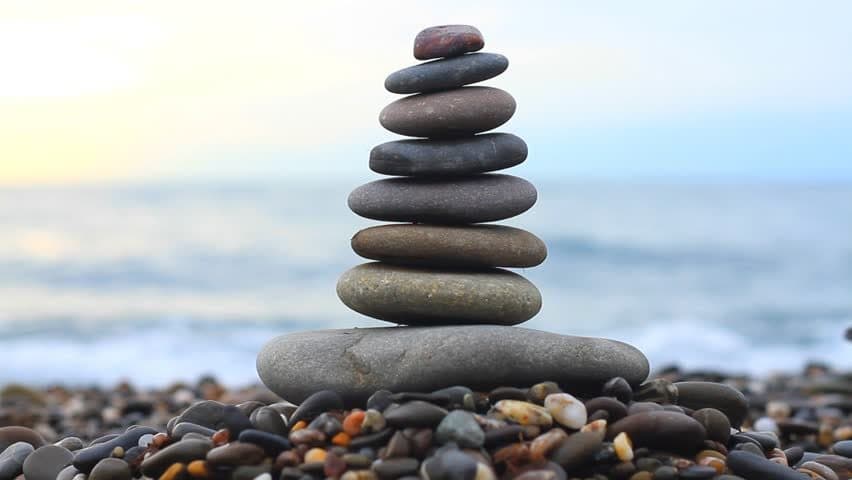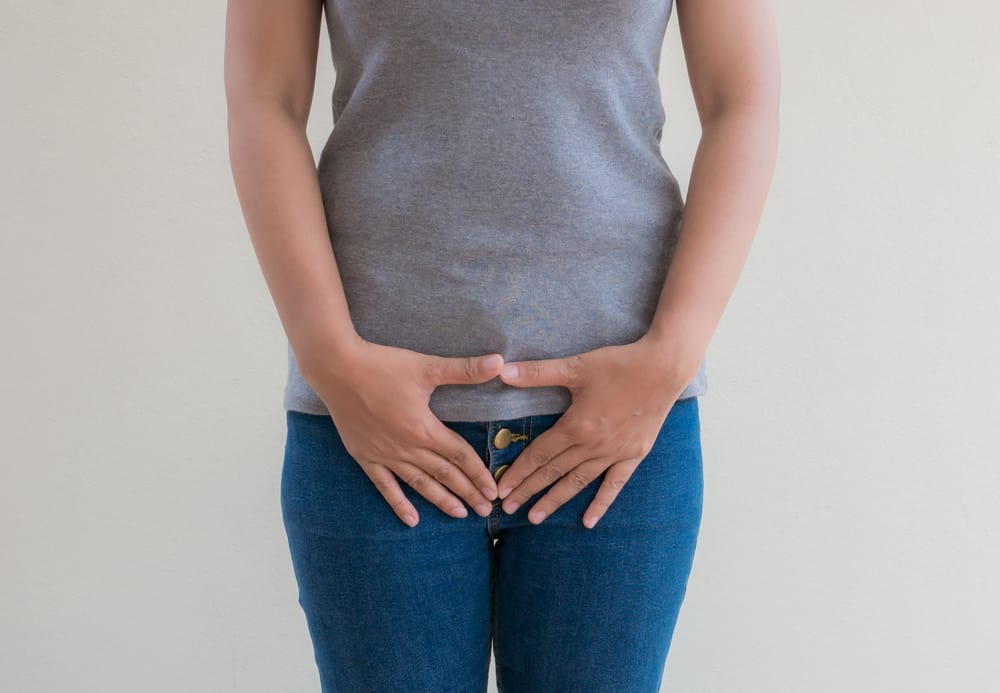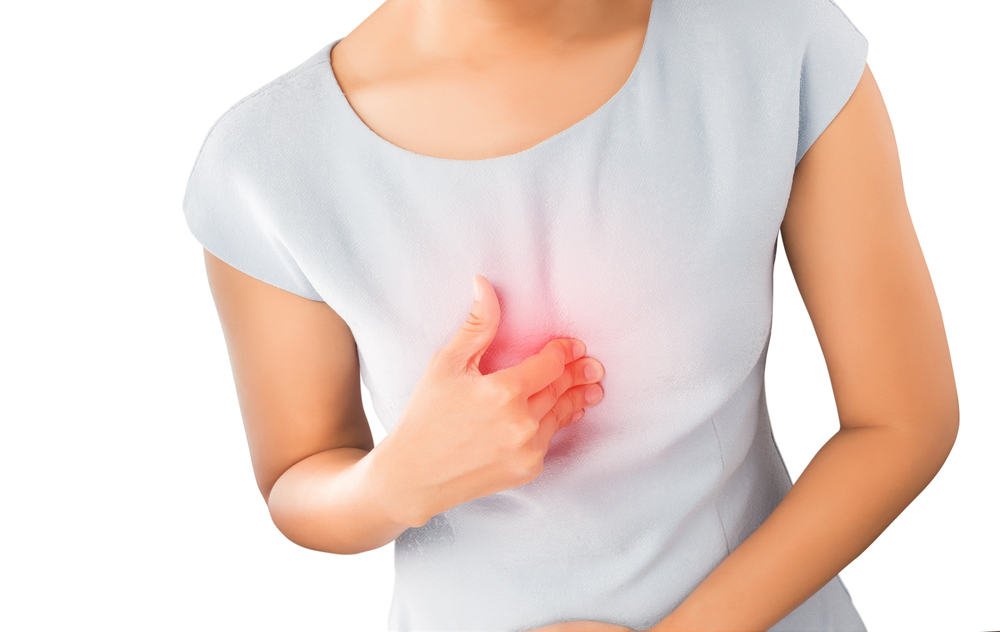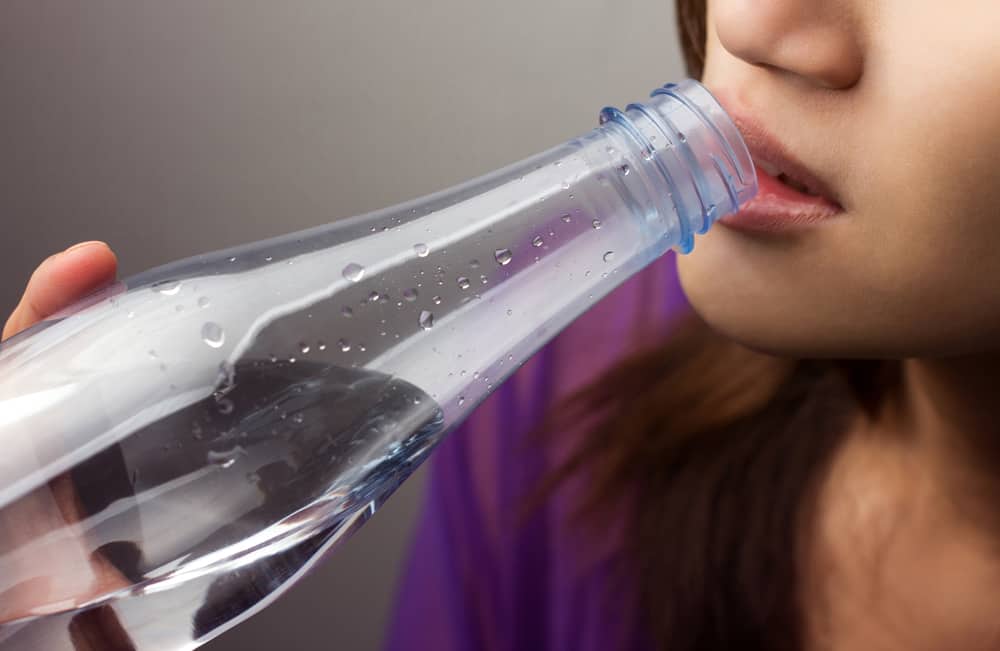Contents:
- Medical Video: Explaining Kidney Stones in Children (1 of 5)
- Types of kidney stones
- The cause of kidney stones is formed in the body.
- 1. Little urine
- 2. Diet
- 3. Certain disorders of digestion
- 4. Congenital abnormalities
- 5. Medication
- 6. Heredity factors
Medical Video: Explaining Kidney Stones in Children (1 of 5)
Kidney stones are hard objects (usually like stones) that form in human kidney organs. If you experience the condition of kidney stones, usually when urinating will produce pain and even bleeding. Before knowing what are the causes of kidney stones, first consider various types of kidney stones based on their causes.
Types of kidney stones
Kidney stones consist of several different types, depending on the cause and what material forms the kidney stone.
- Calcium stones. This type of kidney stone is the most common. The cause of this kidney stone is calcium oxalate, which is affected by high calcium excretion in the body.
- Gout stone. This type of kidney stone, formed when your urine pH is in an acidic state for a long time. If the concentration of uric acid increases in urine, uric acid can form stones from uric acid itself, or form stones together with calcium.
- Struvite stone. This kidney stone is the result of infection in the kidney. The way to treat it is to remove the stones from the urinary tract and prevent the infection from coming back so it doesn't form stones again.
- Cystine stone. The cause of this kidney stone, caused by a genetic disorder that causes cystine to come out of the kidney into the urine and form crystals which eventually turn into stone.
The cause of kidney stones is formed in the body.
1. Little urine
The most common cause of kidney stones is the lack of urine fluid that comes out. Low urine volume can be caused by dehydration (loss of body fluids), exercise too hard, work or live in a hot place, or drink less water. A little urine fluid also tends to be dark in color.
Preventing kidney stones can be done by increasing fluid intake. Many fluids in the body can also melt the salt content in the body. This is useful for reducing the risk of kidney stone formation.
2. Diet
Who would have thought, a diet that you thought would be healthy, could actually be one of the causes of kidney stones? Certain diets can affect the formation of kidney stones. Why is that? Research has shown that a high-salt diet can increase the amount of calcium that the kidneys must process. This can increase the risk of kidney stone formation.
Also avoid doing a diet high in animal protein, such as beef, chicken and fish. The animal diet can increase uric acid levels in the body and in your urine. If your uric acid levels are high, then this can result in stones in the kidneys.
3. Certain disorders of digestion
Some digestive disorders, one of which is diarrhea, can increase the risk of calcium oxalate kidney stone formation. Diarrhea will trigger the loss of a number of fluids from the body, which will reduce the volume of urine. In addition, your body can absorb excess calcium oxalate from the intestine, resulting in more oxalate in your urine. In essence, between the volume of urine and high levels of oxalate, it can cause the formation of oxalate kidney stones.
4. Congenital abnormalities
Some congenital abnormalities can also be the cause of kidney stones. An example is cystinuria, which is a condition of the body that contains too much amino acid cystine in the urine, and primary hyperalurururia where the liver eventually makes too much oxalate.
5. Medication
Some calcium and vitamin C drugs and supplements can increase the risk of kidney stone formation. Be sure to consult a doctor or expert before using certain drugs or supplements, because some substances can affect the risk of kidney stone formation.
6. Heredity factors
Kidney stones will be easier to occur when you have a similar family history. Usually, you can also experience this condition if there are parents or siblings who have kidney stone conditions.












